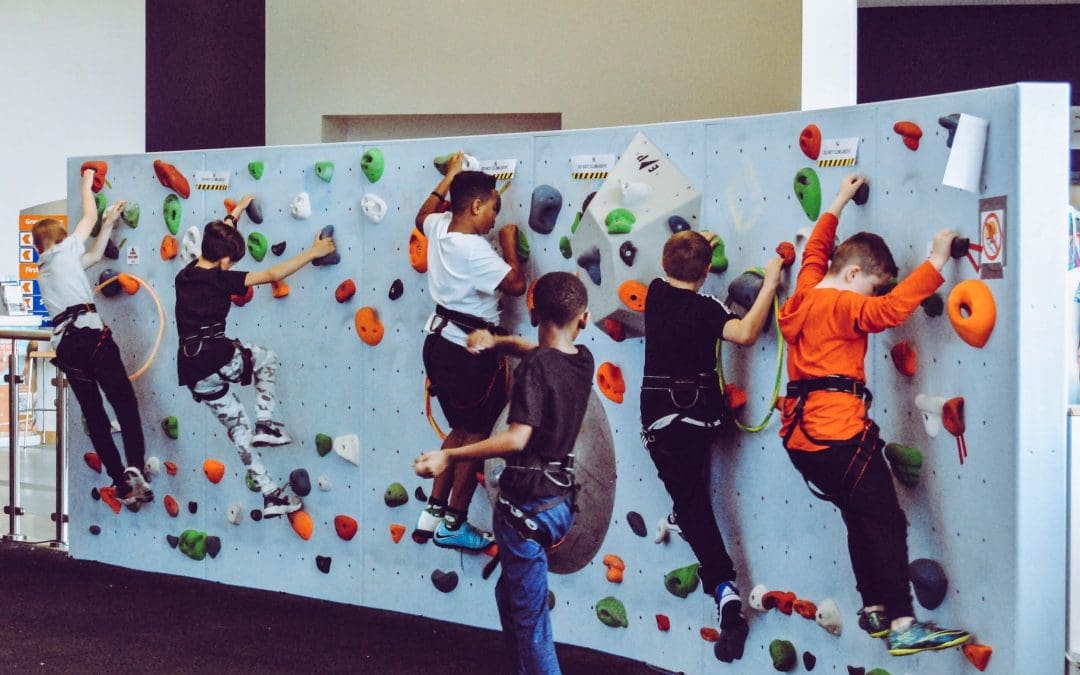You can learn about data from textbooks, but to get real world experience in solving business questions with data, you need practical exercises and – ideally – a bunch of people who help you create a solution.
I’m a big believer in peer-to-peer learning and I don’t think we should take university education as the only avenue to career success. Learning from colleagues in your team and other parts of the organisation is a great way to build knowledge and to benefit from their experience and unique business perspective.
The following examples work very well for building data skills, and can also be applied to other topics.
Host regular data challenges
Creating regular learning opportunities gives people a chance to build skills consistently.
Thanks to the many community initiatives that are free and publicly accessible, you don’t have to do the heavy lifting and can simply use what’s already there and invite your colleagues to participate.
Example initiatives:
-
#MakeoverMonday – a weekly data visualisation challenge
-
#WorkoutWednesday – a weekly challenge to re-create data-driven visualisations.
-
#FrostyFriday – a weekly Snowflake challenge
-
Weekly Challenge Alteryx – a chance to solve Alteryx problem
How to bring these challenges in-house:
-
Share the relevant challenge via slack or other internal comms tools
-
Encourage people to share their results, e.g. in a slack group
-
Provide support to complete the challenges, e.g. tech help
-
Later on, consider adding gamification and recognition
Enable knowledge sharing
A great way to make information and knowledge visible for people is to put it all in one place – as documents, videos, blog posts, podcasts, images, and more.
If there is something you’ve learned, document it in a brief but useful format and share it on a platform everyone can access. This enables your peers to help themselves and – in turn – contribute their own knowledge.
Start simply, for example with short written articles. As you gather momentum and the number of contributors grows, add other formats to appeal to different learning styles.
Here are some example formats:
-
A weekly blog post on lessons learned from the weekly challenge
-
Short explainer videos focusing on a single concept
-
Detailed how-to guides in written form
-
A glossary of terms
Bring people together regularly
Whether you do it virtually, in person or both, hosting regular get-togethers is a great way to foster a collaborative learning environment.
You can start with internal user groups for the technologies you use and turn to Data Days or Data conferences for the whole organisation. Start with a quarterly meet-up and encourage those you invite to bring a couple of their peers, so you increase your reach.
Your internal conference could happen once a year, your user groups once a month. It’s a valuable opportunity to meet the user base in the organisation, while networking and helping everyone learn new skills.
Why these activities matter
A lot of data work happens during focused solitude and people appreciate the chance to collaborate in person.
When you provide different opportunities for working together to solve a problem, you’re laying the foundation for a collaborative data culture and fostering an environment for learning and continuous development.
No matter what kind of data person or data leader you are, test these ideas to find what works. Seek feedback and adjust activities accordingly. Within a few months you’ll see a noticeable difference in people’s skills and enthusiasm for their work.
If you have specific questions on how to get started with activities in your organisation, let me know.
Have a great week!
Eva

